This website uses cookies so that we can provide you with the best user experience possible. Cookie information is stored in your browser and performs functions such as recognising you when you return to our website and helping our team to understand which sections of the website you find most interesting and useful.
mindset
podcast
plant-based tips
meal prepping
meal planning
listen now
Plant-based inspiration and wisdom for your nutrition journey
Plant Centered &
Thriving Podcast
Tune in!
learn more
My motto? Take it step by step. Everyone’s on a different journey, and nutrition never looks exactly the same for any two people. To build sustainable, healthful eating habits, I believe in a personalised approach that gets to the root of your unique needs and goals.
Your Registered Dietitian Nutritionist & plant-based eating advocate
hey! I'm Ashley Kitchens
“The first step in tackling a food craving is understanding why it’s there. Ask yourself: Why am I having this craving and where is this craving coming from?”
Cravings are part of being human. They happen to each one of us at some point. Food cravings may feel frustrating or overwhelming – like something you think you can’t control. But cravings don’t have to control you if you spend some time figuring out the root cause.
In this post, I will discuss why we have cravings in the first place and then share the seven most common causes of why you may be experiencing cravings. But, not to worry, I will share tips and tricks on how you can overcome all of these.
- Emotions: You’re stressed, sad, overwhelmed or anxious
- Your blood sugar is getting low
- Your hormones are out of balance
- You are tired, exhausted, or not getting enough sleep
- You’re not drinking enough water
- You have a nutrient imbalance
- You’re dieting
Why we crave
Sometimes a craving can be true physical hunger. This may happen if you’ve waited too long to eat between meals or maybe you didn’t eat enough throughout the day. And because of that, you end up feeling really hungry at night. And by that point, you’re craving just anything and everything. In these examples, the goal is to obviously eat something so that you’re no longer hungry.
But in other cases, a craving may be triggered by something in your environment. Maybe you see an ad about somebody eating something that looks delicious. Or, maybe you see a recipe or someone creating something on social media and that triggers a craving. Or perhaps your craving is stemmed from a habit because every night after you finish dinner, you crave something sweet and you’ve created a strong association with that food and that act, even if you’re not hungry. If this resonates with you, keep on reading.
The thing with cravings is that they don’t last forever. Cravings are fleeting. When you have a period of intense cravings for a particular food, it’s eventually going to pass.
Imagine having full access to a certain food at any time of the day, like ice cream. At some point, you’ll likely get pretty sick of it – believe me. That is because once you remove the restriction and start building trust with your body, you trust that your body is going to tell you how it’s feeling and when it’s had enough. When you give your body time for these cravings to run their course, eventually you will start to desire other foods. And the key here is variety.
The first step in tackling a food craving is understanding why it’s even there. To get more clarity on that, ask yourself:
- Why am I having this craving?
- Where is this craving coming from?
If you’re struggling to identify why you’re having that craving, you can keep a journal and write about, (1) what you were craving, (2) when you had the craving, and (3) how you were feeling during that time. Were you feeling any emotion at the time? Were you sad? Were you happy? Were you truly hungry?
Once you’ve identified answers to those questions, what did you do about that craving? Did you decide to go for a walk instead because maybe you weren’t hungry but needed a 15-minute break? Or did you decide to follow through with your craving because you felt hungry or you actually did want the food you were craving and nothing else was going to satisfy you?
If you’re really struggling with cravings or you’re really confused about why you’re having them, this post will likely help you see a pattern with your cravings. Once you know your pattern, that will help you further identify where they’re coming from and how you can best manage them. But perhaps you identify with one of the following common causes of craving and find clarity here.

1. Emotions: You’re stressed, sad, overwhelmed or anxious
Maybe you’re sad, stressed out, overwhelmed, or anxious. There’s a biological connection between cravings and certain emotions. Your body starts producing a hormone called cortisol when you start to feel overwhelmed or upset.
Dr. Albers, who is a psychologist at a women’s health center and a mindful eating expert says, “Cortisol makes us crave sugary, fatty or salty foods.” So, cortisol stimulates your appetite, especially for highly palatable foods like sweet carbs. If you’re feeling sad or upset, then you may be eating because it’s pleasurable and triggers the production of your body’s “feel good” chemicals like serotonin and dopamine. It’s a true biological connection.
This speaks particularly to people who lead stressful lives or live or work in a stressful environment, which is a lot of us. Chronic stress can put your health at risk far beyond cravings. Cortisol is important for your health but too much of it can cause a number of unwanted symptoms. This is why play, rest, and relaxation are essential to living a healthful life. So it’s important to have a handle on some stress relief and stress management. Cravings might just be a symptom of something bigger.
2. Your blood sugar is getting low
We need energy throughout the day and energy comes from food. If you don’t eat enough, then your blood sugar can start falling into a range that brings about cravings. It’s like feeling the urge to go to the bathroom. Your body is sending you a signal and telling you it needs energy.
So, this craving may be for sugary foods because sugar and carbohydrate foods raise your blood sugar and give you energy the quickest. It is also really hard to fight the urge of low blood sugar. You may feel shaky, sweaty, or irritable. In this case, it’s likely best to have a proper snack or meal to fuel your body and get your blood sugar back into a normal range.
3. Your hormones are out of balance
Apart from cortisol, other hormones play a role in hunger too. This is especially true for people who are menstruating because cycling hormones throughout the month can drive cravings and hunger.
Perhaps you’ve experienced a specific craving during or around your period. So, when estrogen levels are low and progesterone levels are high, you may feel increased cravings and feel less satisfied after eating. This is a great example of how listening to and understanding your body will also help you better understand your cravings.
4. You are tired, exhausted, or not getting enough sleep
Everything’s interwoven in the body and sleep is such a big contributor to overall health and well-being. Your body renews its energy during sleep. Similarly to number two (your blood sugar is low), you obtain energy by eating foods that provide calories so your body can convert them to energy.
If you’re not getting enough sleep, or maybe you’re having poor quality sleep or disrupted sleep, then your body can drive you to eat more to keep your energy levels up. Poor sleep quality also changes those cortisol levels, which can make your appetite go up.
5. You’re not drinking enough water
Hunger and thirst are closely related and sometimes hard to differentiate between if you have a craving come on. If you’re truly having a hard time figuring out where your cravings are coming from (i.e. Is it true hunger or something else), a quick and easy solution is to drink a glass of water and wait 10 to 20 minutes to see if that craving goes away. This does not mean that I’d recommend drinking a glass of water every time you have a craving or if you’re hungry – that’s the diet culture talking. But, on some days, the craving might just be thirst. And on other days, it might be related to something else.
Journaling can help you differentiate between thirst and craving. Are you getting a dry mouth and an empty stomach feeling? Is it just dry mouth? Is it headaches? Is it fatigue? How much water did you drink so far today? Something a lot of clients tell me is that they don’t drink enough during the day, so you’re definitely not alone if this is the case for you, too.
6. You have a nutrient imbalance
One of many reasons why we eat is because there are essential nutrients that our body needs from food to keep functioning. If you aren’t giving your body, let’s say, enough protein, fat or maybe a certain vitamin like vitamin C, or a mineral like iron, you can experience particular cravings because your body wants something that it’s not getting. You might recognize this from when you come back home after a long trip, you’re creating something that’s really nutrient-dense, like a grain bowl or something with lots of veggies or a smoothie, because you’ve been only eating restaurant food for the past seven days.
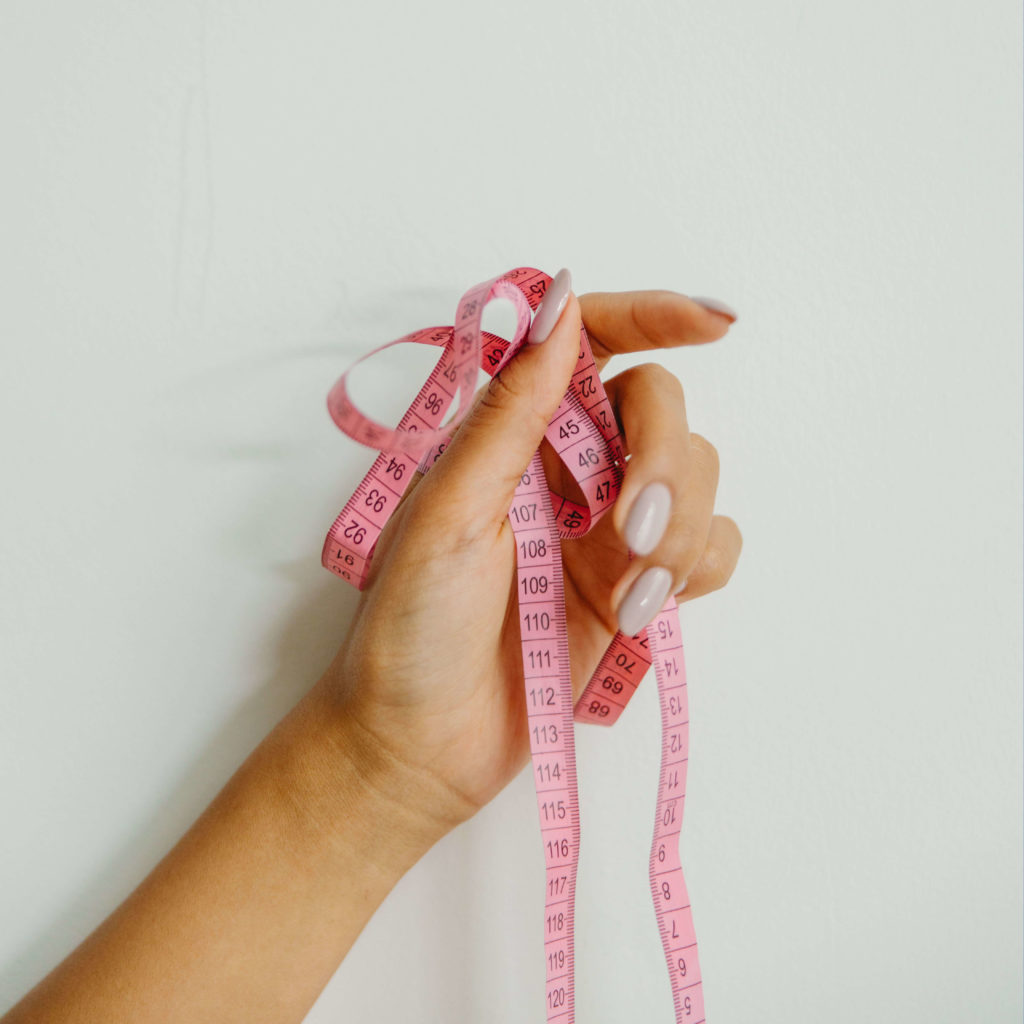
7. You’re dieting
One thing we know about restriction, diets, and following food rules is that when you tell yourself you can’t have something or shouldn’t have something, it can lead to intense feelings of deprivation that build into uncontrollable cravings. So those forbidden foods are heightened. Because they’re forbidden, you want them even more. The intensity and desire for those particular foods skyrocket.
If your narrative involves phrases such as “I shouldn’t eat that” or “I’m not supposed to eat that”, those words have power around food and your cravings, too. Your mind is incredibly powerful and affects even your relationship with food. When you’re struggling with cravings, it can be helpful to identify what’s actually triggering these cravings.
If you struggle with cravings and are trying to identify where they’re coming from, take a minute to assess if you’re craving something out of true hunger or if you’re craving something that food can’t provide. Like relaxation, a short break from work, or a helpful distraction. Cravings can actually teach you a lot about what it is you really need. Cravings are also part of being human. They happen to each one of us. So, give yourself patience and give yourself grace. The more you listen, the more you learn.
Listen to the podcast episode
IF YOU LOVE US, TELL US:
If you enjoyed this episode, go ahead and hit SUBSCRIBE. There is a new episode every Monday. Click here to subscribe on iTunes.And if you’re feeling generous, take a few seconds to leave The Plant Centered and Thriving Podcast a review on Apple Podcasts. Hearing what you think helps me to curate the best content possible that will benefit YOU. So all you do is click here to review, click “Ratings and Reviews” and “Write a Review.”
Relevant Links
- Nowak J, Podsiadło A, Hudzik B, et al. Food intake changes across the menstrual cycle: A preliminary study. Piel Zdr P
- Chao A, Jastreboff A, White M, et al. Stress, cortisol, and other appetite-related hormones: Prospective prediction of 6-month changes in food cravings and weight. Obesity 2017(25.4):713-720.
- Chao, A., et al. (2015). Food cravings mediate the relationship between chronic stress and body mass index.
- https://www.ncbi.nlm.nih.gov/pmc/articles/PMC6186388/
- Food Cravings and Body Weight: A Conditioning Response Candice A. Myers, Corby K. Martin, and John W. Apolzan https://www.ncbi.nlm.nih.gov/pmc/articles/PMC6411047/
- Am J Clin Nutr 2013 Aug;98(2):282-99. doi: 10.3945/ajcn.112.055061. Epub 2013 Jun 26. Association between water consumption and body weight outcomes: a systematic review
Leave a Reply Cancel reply
more to explore
more to explore
Get weekly guidance to support your plant-based journey while strengthening your relationship with food, including weekly plant-based recipe ideas, tips, encouragement and so much more.
Join our newsletter
want blog updates?
explore
Founded by registered dietitian Ashley Kitchens, Plant Centered Nutrition shares approachable, evidence-based insights to inspire a balanced, plant-forward lifestyle. Ashley partners with brands, podcasts, and publications to show that healthy eating doesn’t have to be complicated—it just has to feel good and fit your life.
making plant-based eating easy, joyful, and realistic.









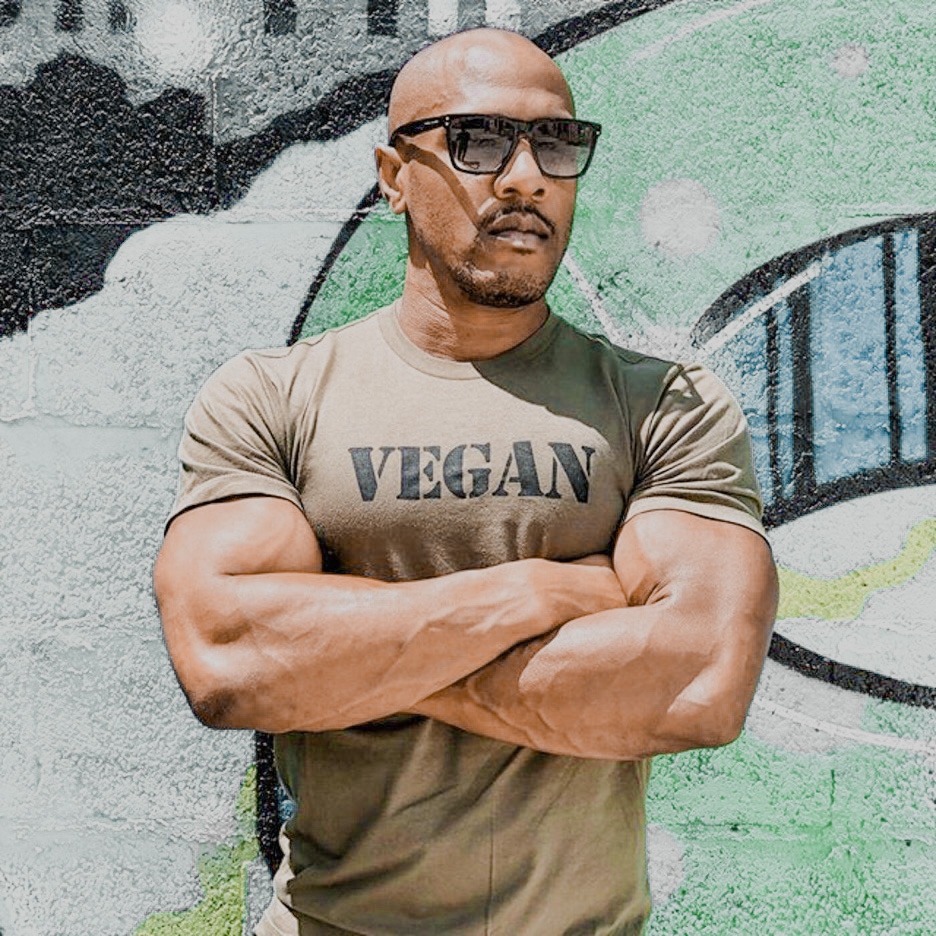


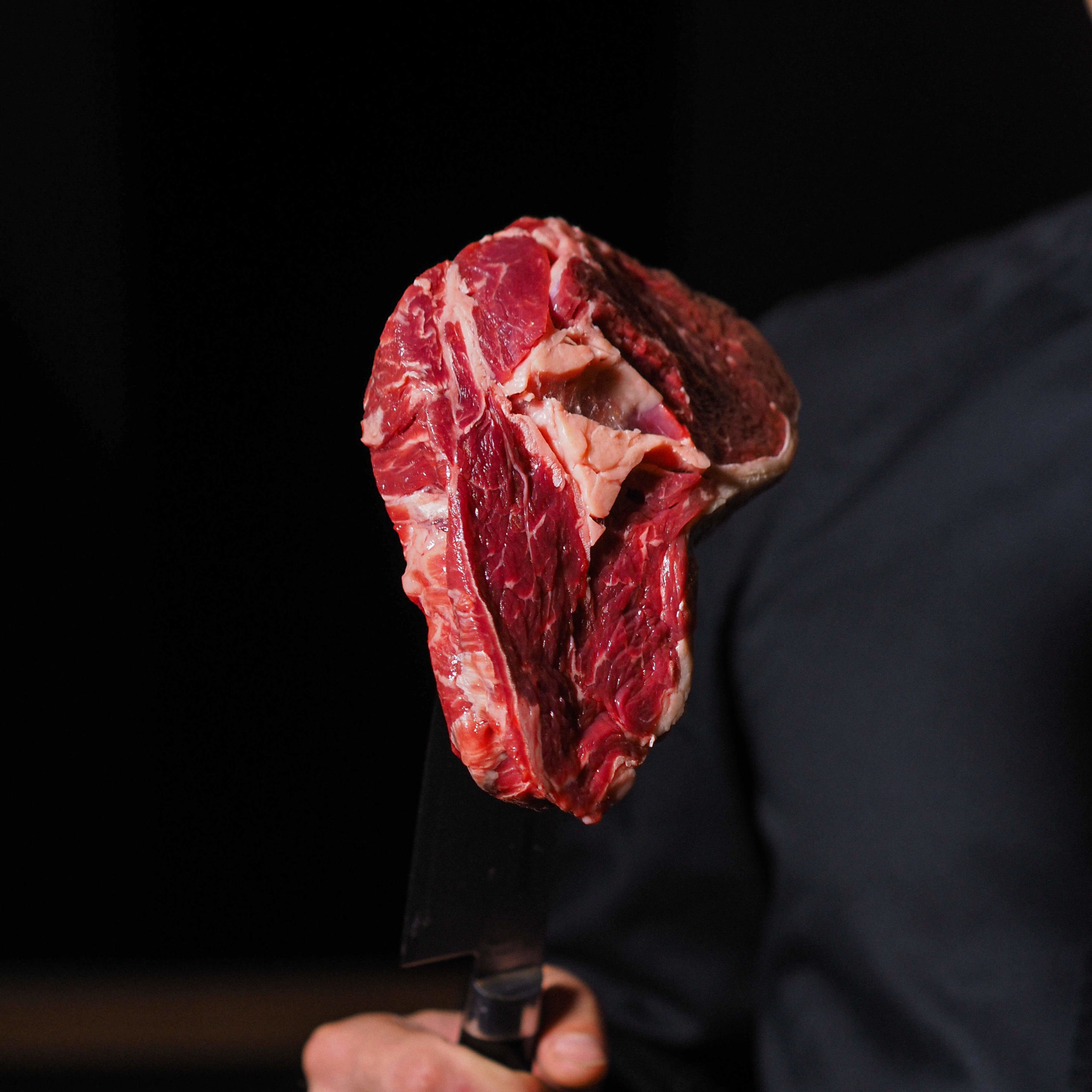

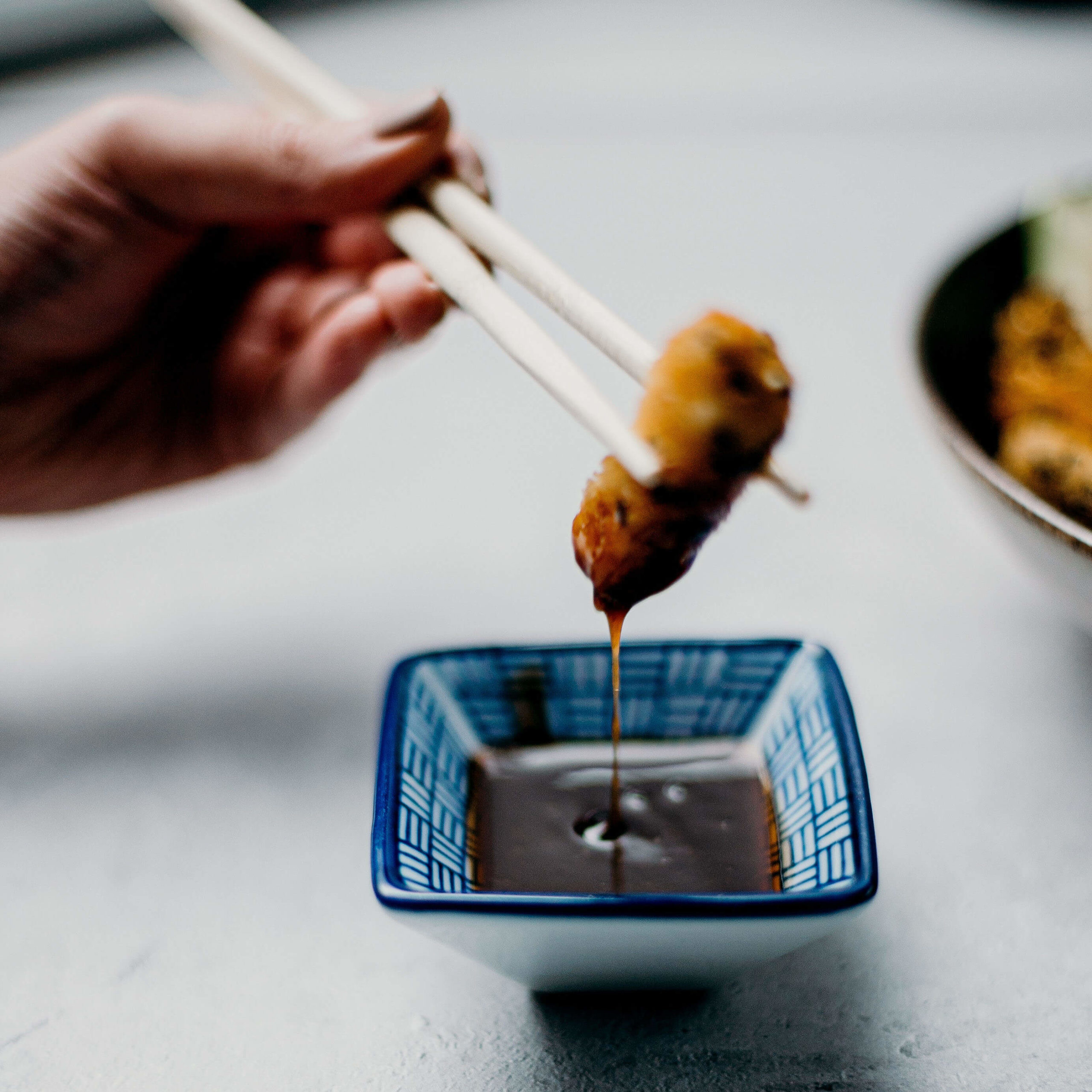
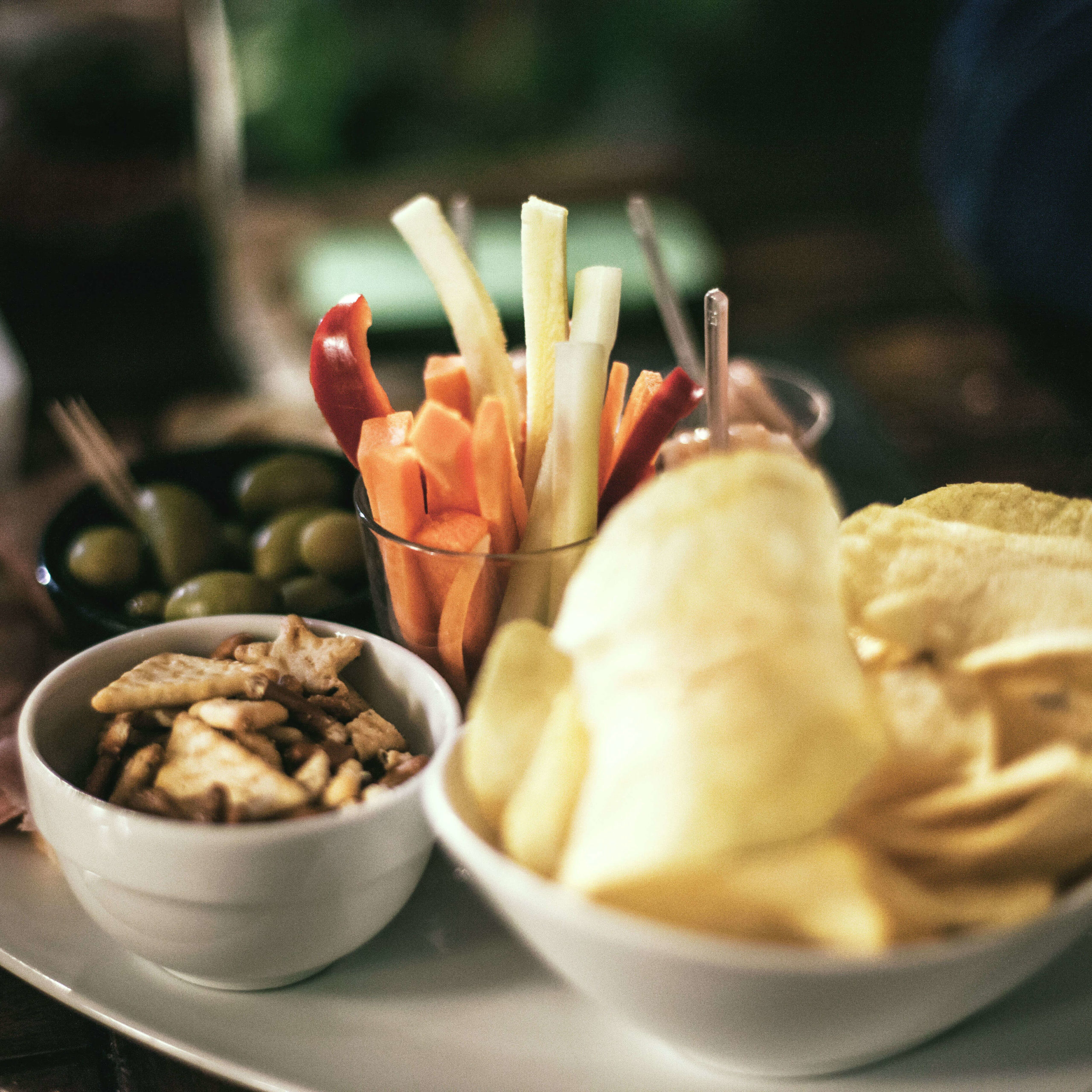

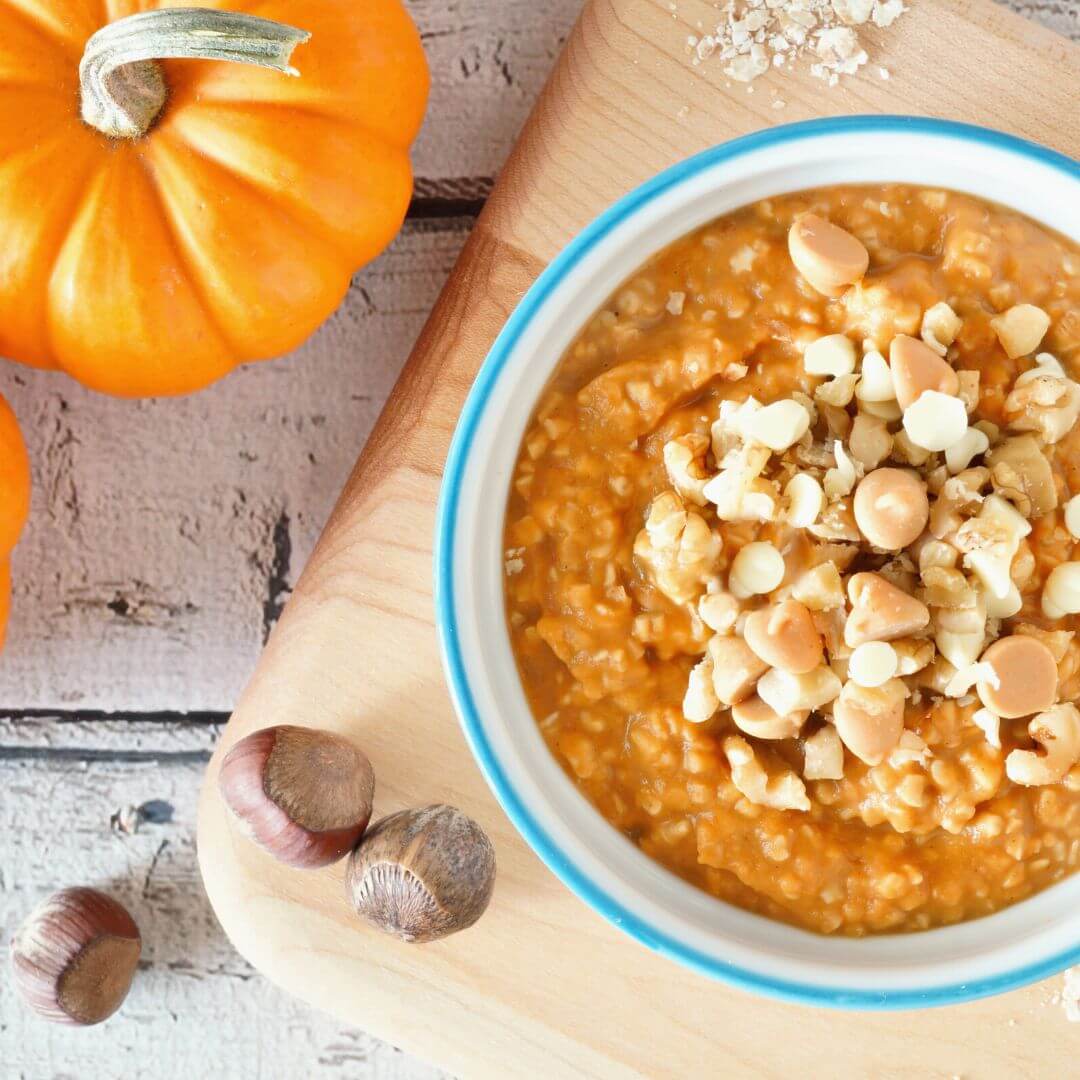



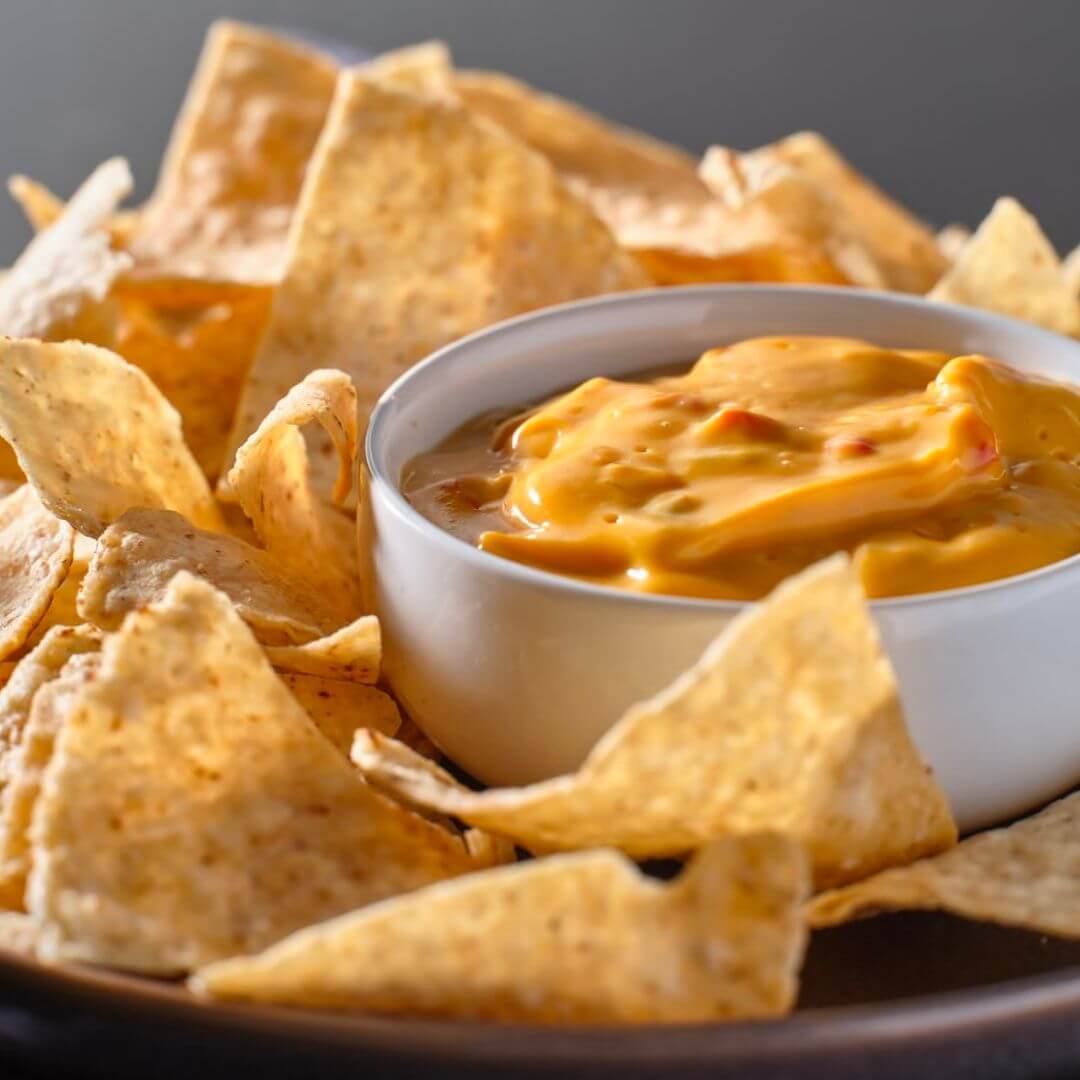
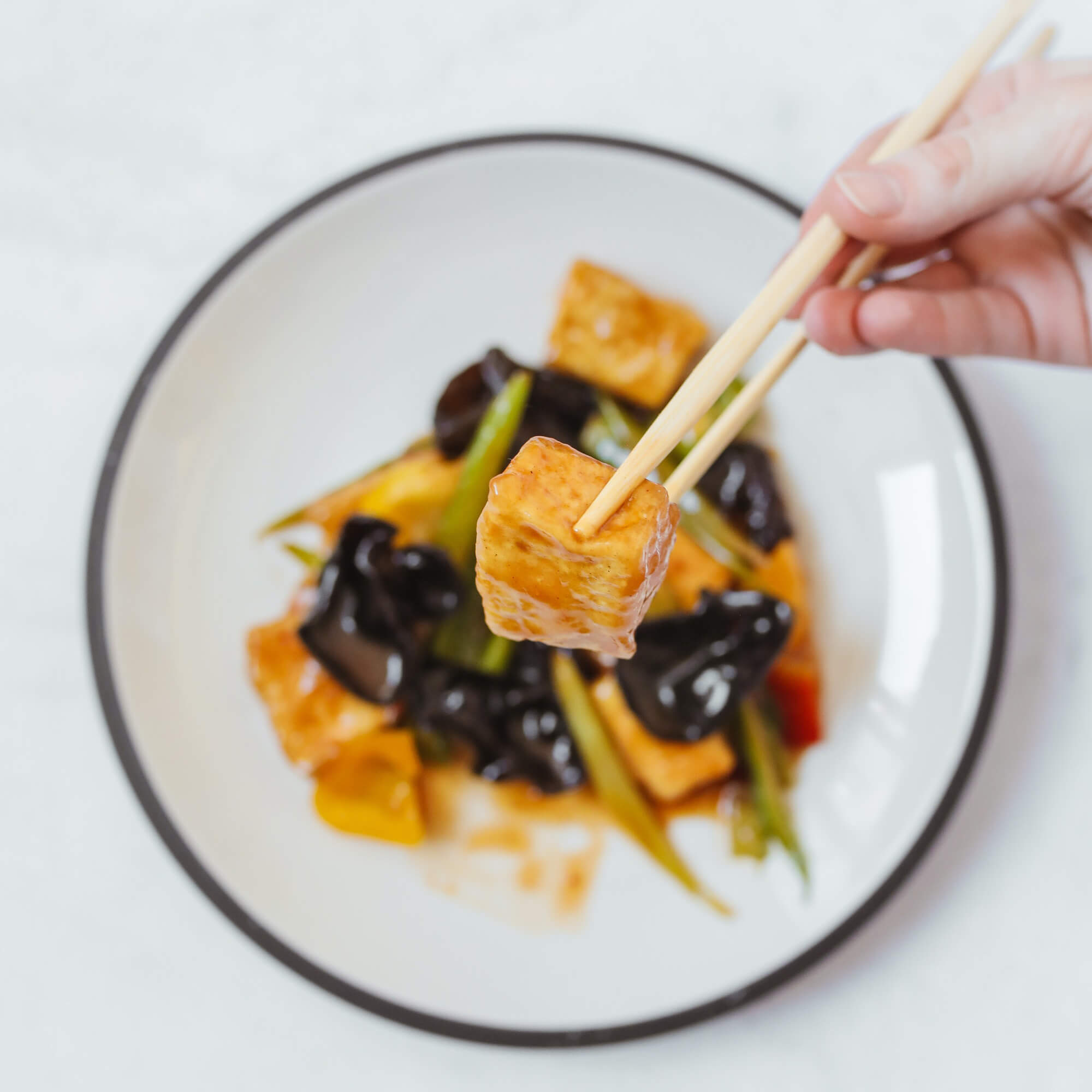


share
click to LEAVE A COMMENT